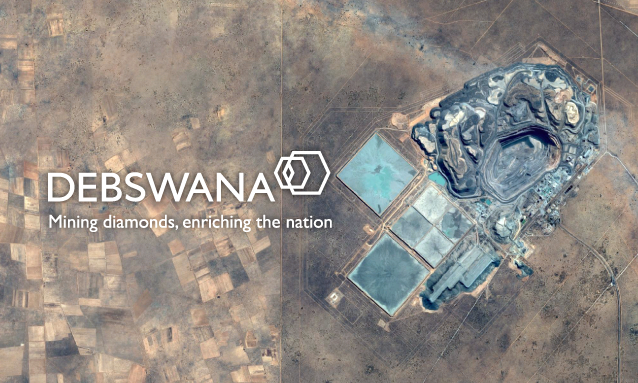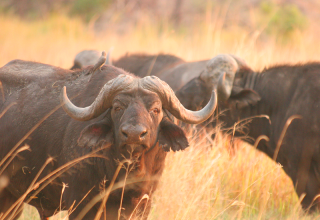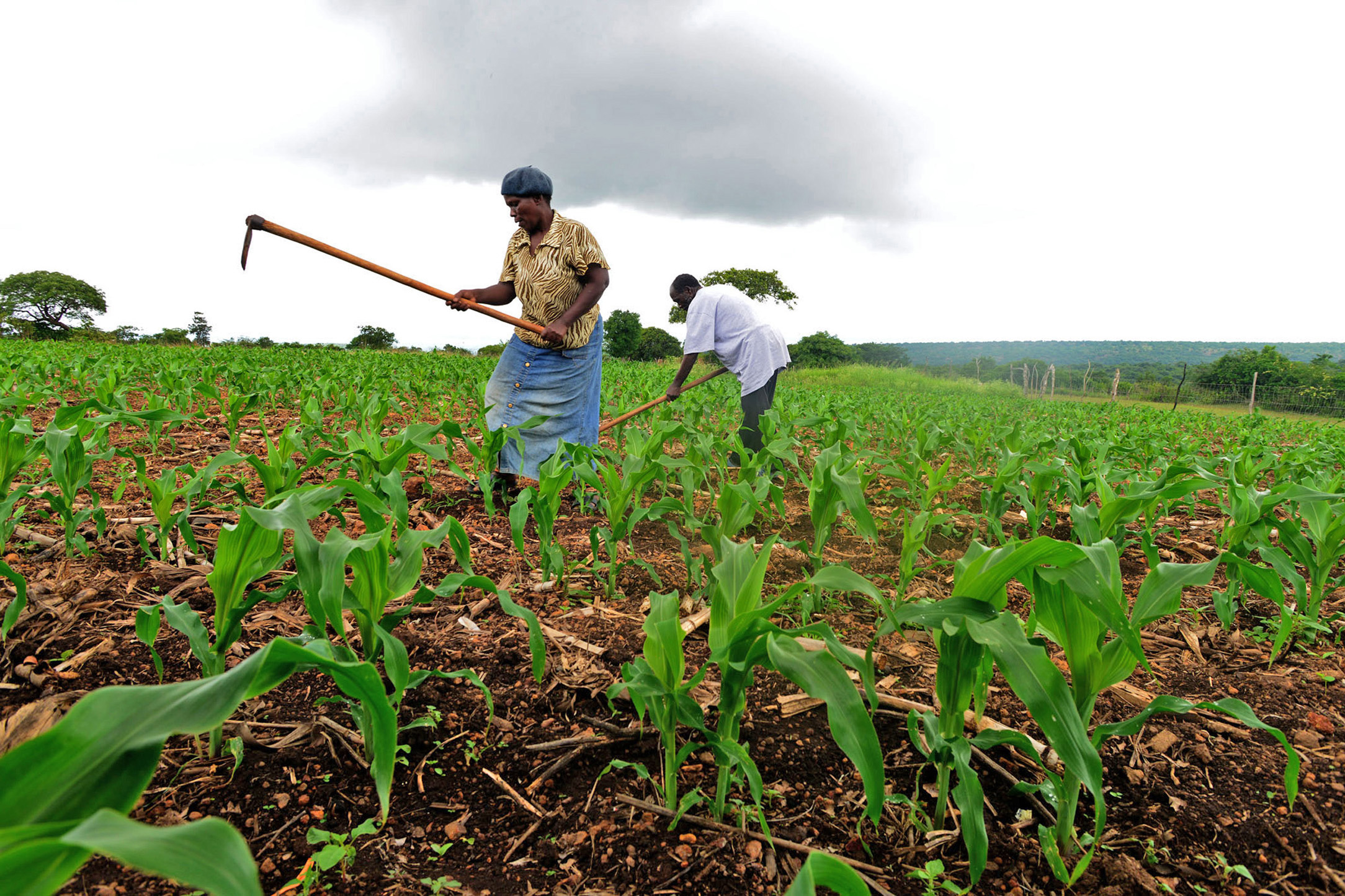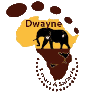
BOTSWANA READY FOR 4th INDUSTRIAL REVOLUTION
Botswana is ready for the Fourth Industrial Revolution (4IR). Botswana is on the right track towards leap frogging into a digitalised economy. Our readiness to jumping into 4IR is further buttressed by government's intention to have a more specific ministry that deals with ICT and development. Botswana is currently realigning strategies on how best to harness and forge ahead towards the desired knowledge-based economy.
SmartBots is Botswana's new proposition to drive digital transformation across the economy, government and society through a number of key strategic initiatives and projects.

Botswana Economy
Since gaining independence, Botswana has been one of the world’s fastest growing economies, averaging about 5% per annum over the past decade. Growth in private sector employment averaged about 10% per annum during the first 30 years of the country's independence. After a period of stagnation at the turn of the 21st century, the economy of Botswana resumed registering strong levels of growth, with GDP growth exceeding 6-7% targets. Botswana has been praised by the African Development Bank for sustaining one of the world's longest economic booms. Economic growth since the late 1960s has been on par with some of Asia's largest economies. The government has consistently maintained budget surpluses and has extensive foreign-exchange reserves.
Botswana's impressive economic record has been built on a foundation of diamond mining, prudent fiscal policies, international financial and technical assistance, and a cautious foreign policy. It is rated as the least corrupt country in Africa by international corruption watchdog Transparency International. By one estimate, it has the fourth highest gross national income at purchasing power parity in Africa, giving it a standard of living around that of Mexico and Turkey. [1]
Agriculture still provides a livelihood for more than 80% of the population but supplies only about 50% of food needs and accounts for only 3% of GDP. Subsistence farming and cattle raising predominate. The sector is plagued by erratic rainfall and poor soils. Tourism is also important to the economy. Substantial mineral deposits were found in the 1970s and the mining sector grew from 25% of GDP in 1980 to 38% in 1998. Unemployment officially stands 21% but unofficial estimates place it closer to 40%. The Orapa 2000 project doubled the capacity of the country's main diamond mine from early 2000. This will be the main force behind continued economic expansion. [1]
MAJOR ECONOMIC SECTORS
Mining
The mineral industry of Botswana has dominated the national economy since the 1970s. Diamond has been the leading component of the mineral sector since large-scale diamond production began in 1972. Most of Botswana's diamond production is of gem quality, resulting in the country's position as the world's leading producer of diamond by value. Copper, gold, nickel, and soda ash production also has held significant, though smaller, roles in the economy. In 2005, mining accounted for about 38% of Botswana's real gross domestic product (GDP), and more than 50% of government revenues were derived from mining and mineral-processing activity. In 2005, the nominal value of minerals produced in Botswana exceeded that of 2004 by about 20% in U.S. dollars. Much of the increase was attributed to higher international mineral prices. Diamond, copper-nickel matte, and gold, in order of value, accounted for most of the increase. [2]

Private and foreign sector developments
Botswana seeks to diversify its economy away from minerals, the earnings from which have levelled off. In 1998-99, non-mineral sectors of the economy grew at 8.9%, partially offsetting a slight 4.4% decline in the minerals sector. Foreign investment and management have been welcomed in Botswana. External investment in Botswana has grown fitfully. In the early 1990s, two American companies, Owens Corning and H.J. Heinz, made major investments in production facilities in Botswana. In 1997, the St. Paul Group purchased Botswana Insurance, one of the country's leading short-term insurance providers. [1]
Financial sector
Botswana has a growing financial sector, and the country's national stock market, the Botswana Stock Exchange (BSE), based in Gaborone, is given the responsibility to operate and regulate the equities and fixed interest securities market. Formally established in 1989, the BSE continues to be pivotal to Botswana’s financial system, and in particular the capital market, as an avenue on which government, quasi-government and the private sector can raise debt and equity capital. Although the BSE has just under 40 companies listed, it plays host to the most pre-eminent companies doing business in Botswana. These companies represent a spectrum of industries and commerce, from Banking and financial services to Wholesaling and Retailing, Tourism and Information Technology. To date, the BSE is one of Africa’s best performing stock exchanges, averaging 24% aggregate return in the past decade. This has allowed the BSE to be the third largest stock exchange, in terms of market capitalisation, in Southern Africa. [1]

The main export of Botswana is diamonds. As of 2017 it is the world's second largest producer of diamonds after Russia. Due to Botswana's heavy reliance on diamonds, strong global demand is vital to the health of the economy. Diamond exports provide Botswana's economy with strong supplies of foreign exchange and have offered a basis for industrial development and stimulated improvements in Botswana's infrastructure. [1]
Read More
Tourism is an increasingly important industry in Botswana, accounting for almost 12% of GDP. One of the world's unique ecosystems, the Okavango Delta, is located in Botswana. The country offers excellent game viewing and birding both in the Delta and in the Chobe Game Reserve — home to one of the largest herds of free-ranging elephants in the world. Botswana's Central Kalahari Game Reserve also offers good game viewing and some of the most remote and unspoiled wilderness in southern Africa. A number of national parks and game reserves, with their abundant wildlife and wetlands, are major tourist attractions. The wildlife, including lions, brown hyenas, cheetahs, leopards, wild dogs and antelope. [1]
Read More

More than half of Batswana live in rural areas and are dependent on subsistence crop and livestock farming, together with money sent home by relatives in urban areas. Agriculture meets only a small portion of food needs and contributes just 2.8% to GDP—primarily through beef exports—but it remains a social and cultural touchstone. Cattle raising dominated Botswana's social and economic life before independence. [1]
Read More
REFERENCES
[2] https://en.wikipedia.org/wiki/Mining_industry_of_Botswana





